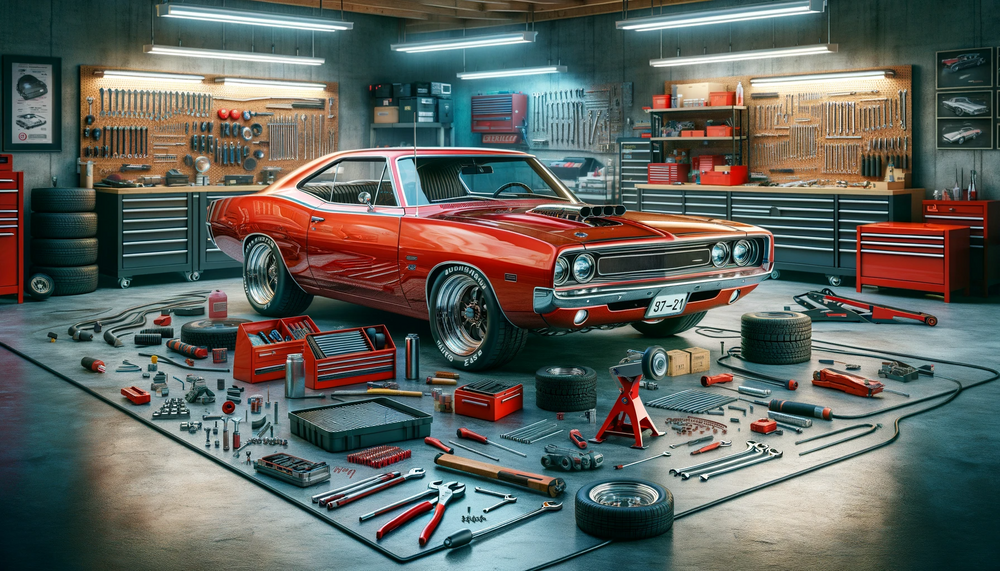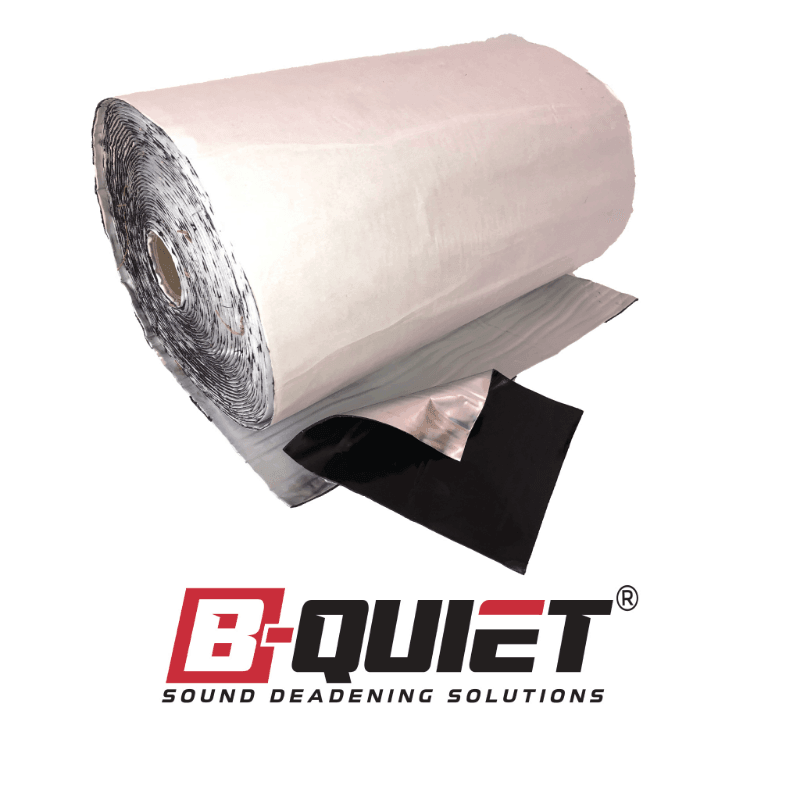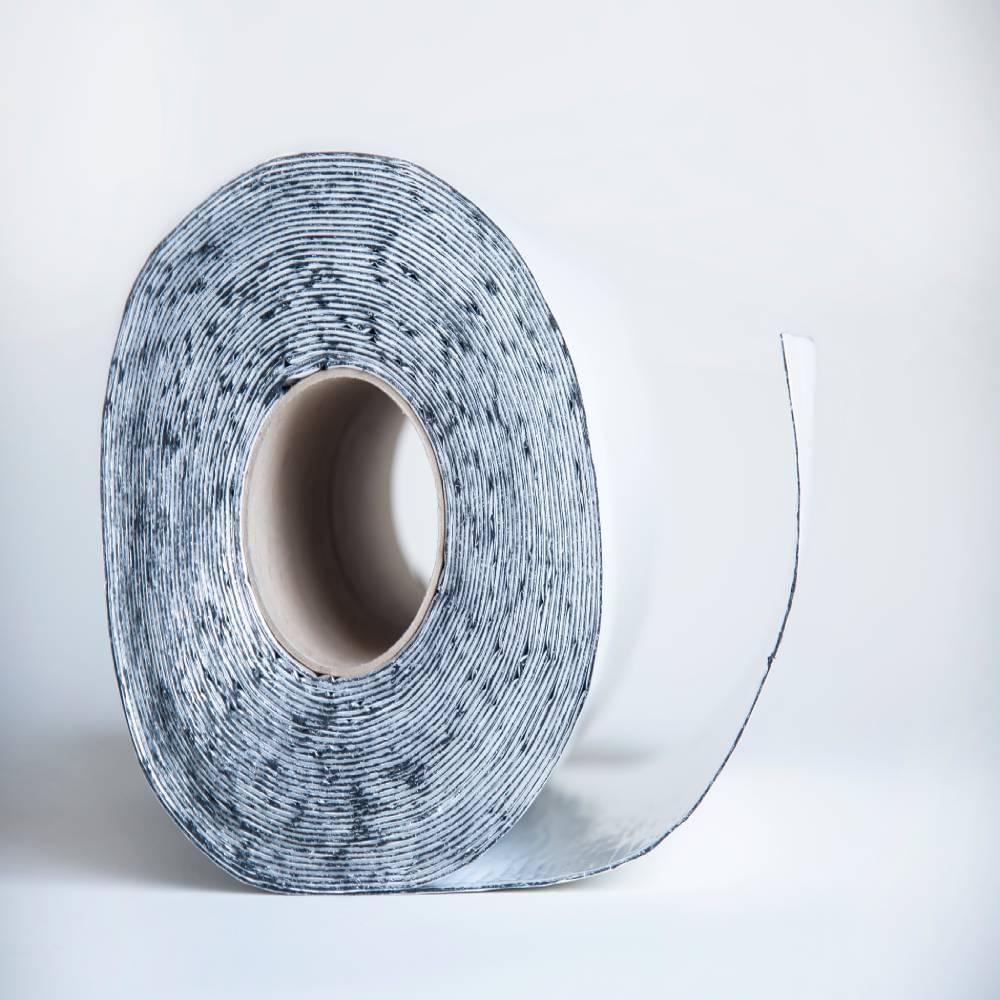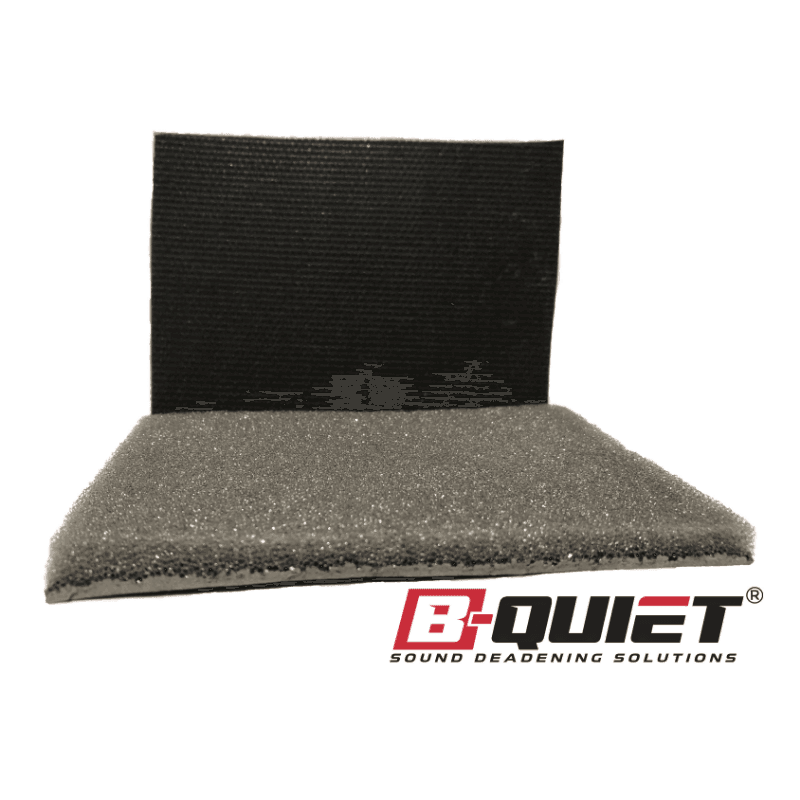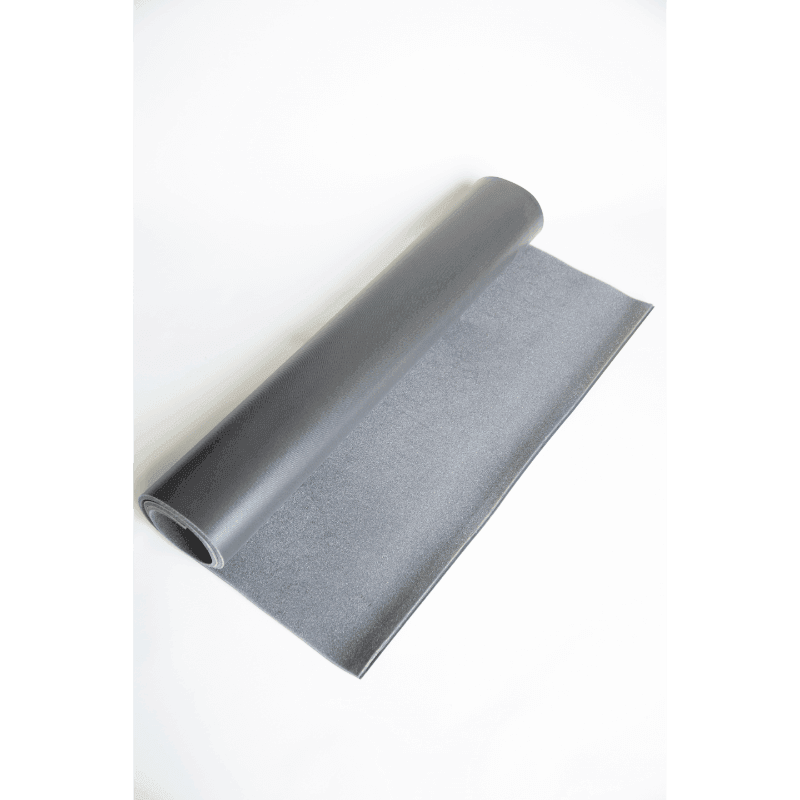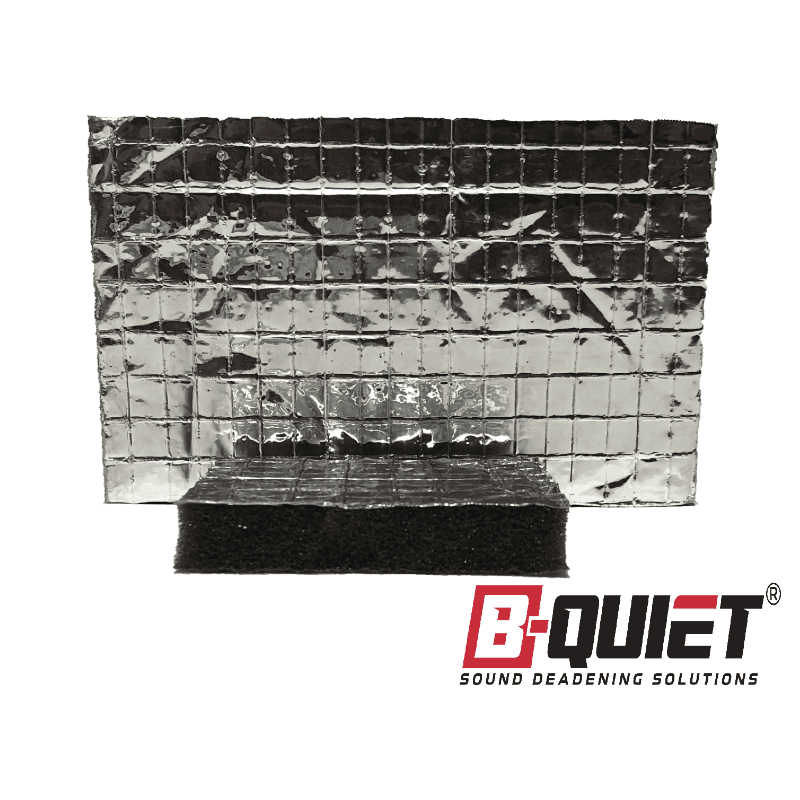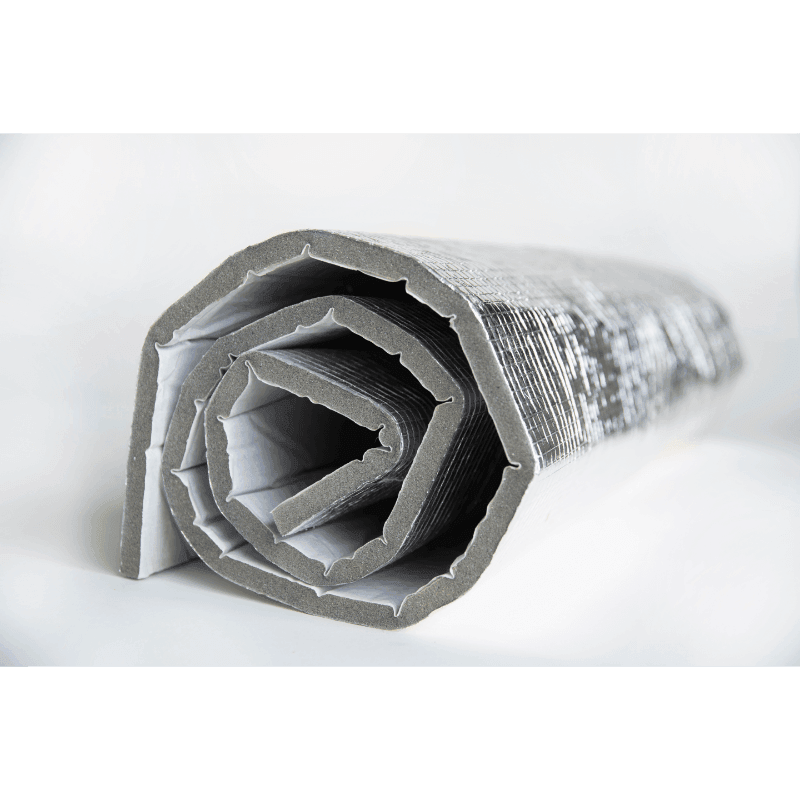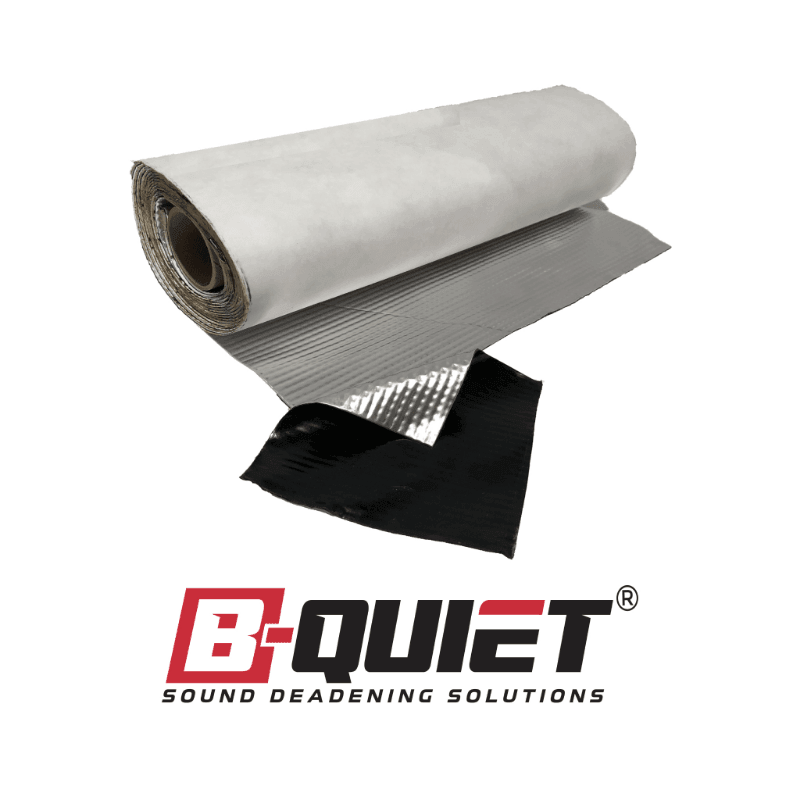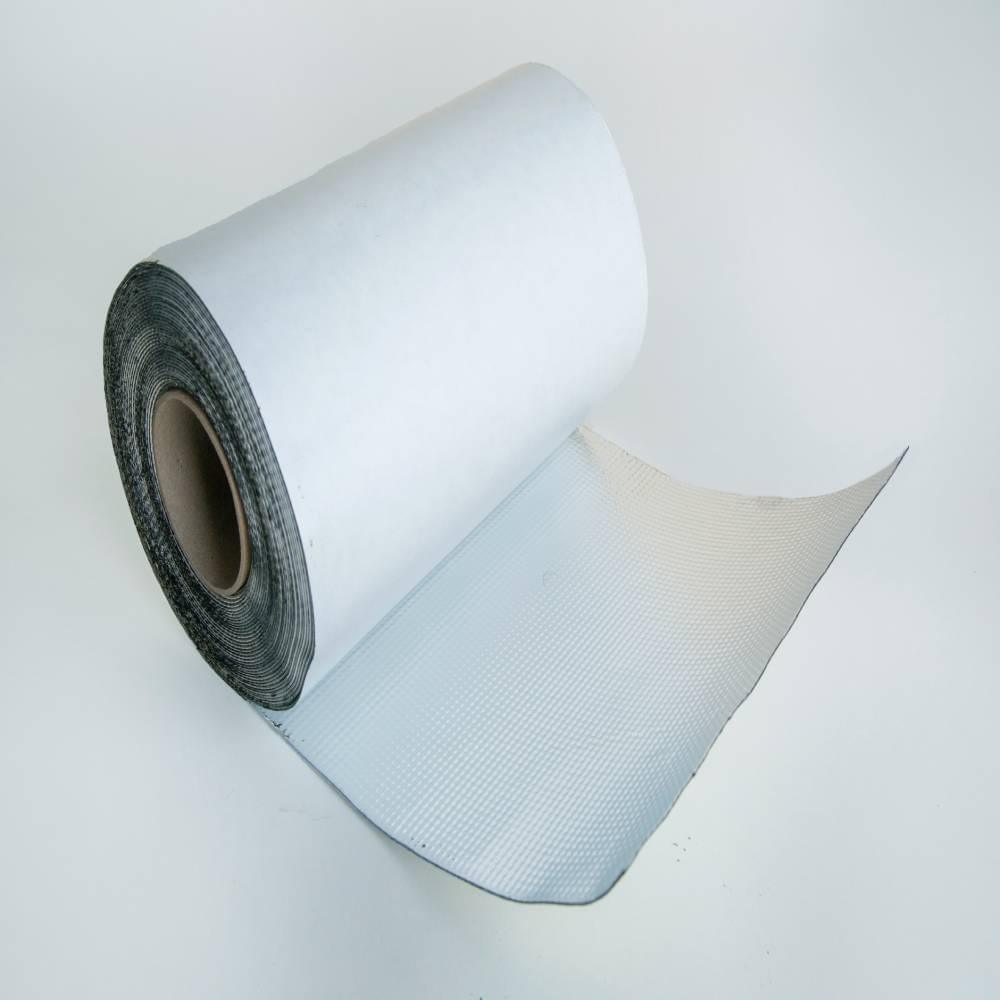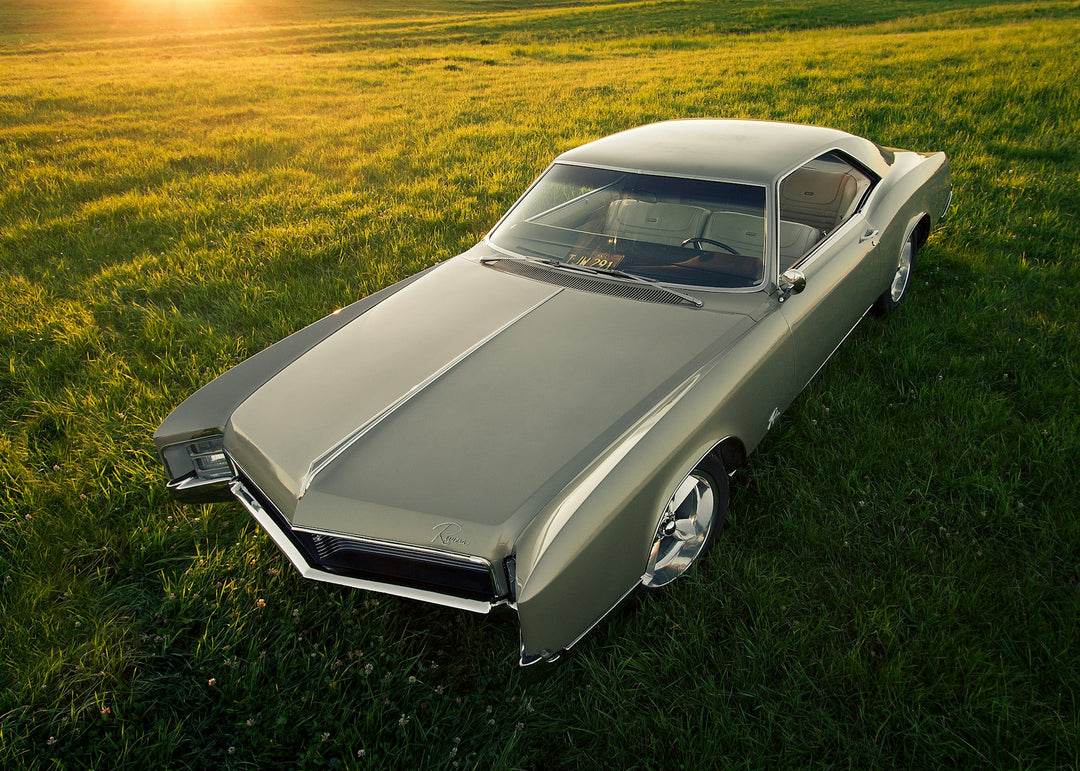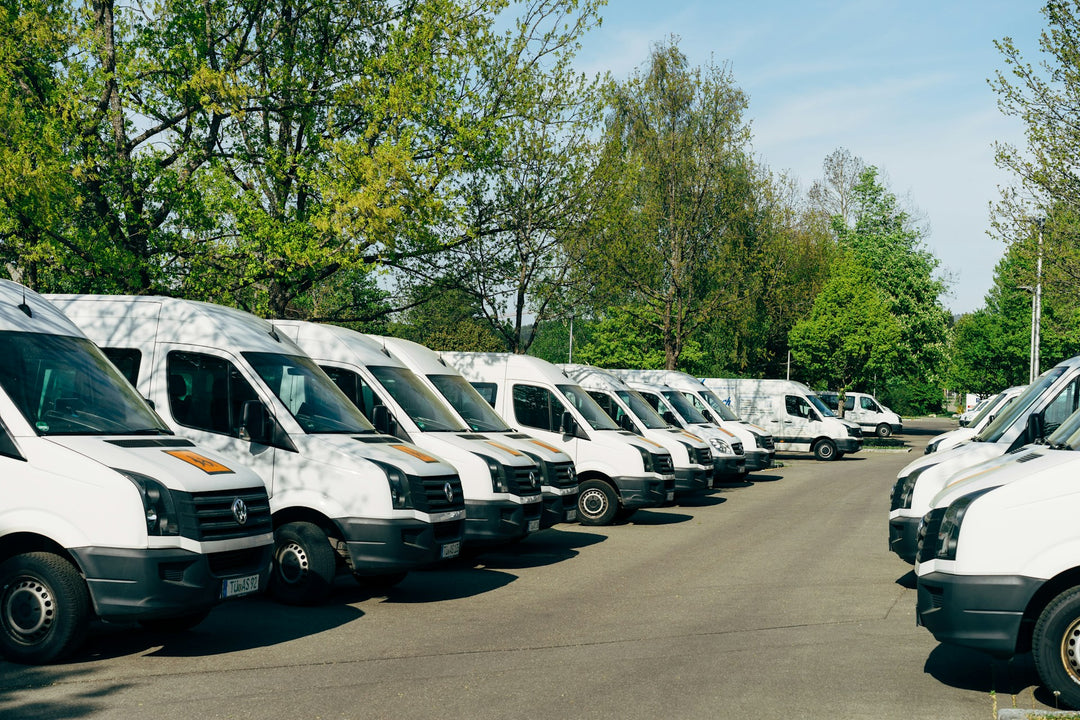Soundproofing Your Adventure: Sound Deadening for Campers
Nature provides us with some of life's most tranquil experiences. From the soothing ripple of a creek to the rustle of leaves in the breeze, it's hard to beat the serenity of the outdoors. As you set out on your camping excursions and adventures, your camper becomes your home away from home – a sanctuary amidst the freedom of the wilderness. However, your mobile haven may also be subject to various noises that distract from the natural beauty surrounding you. Road noise, engine vibrations, and other sounds can infiltrate your peaceful escape, making it less enjoyable and relaxing.
To counteract these outside noises, sound deadening solutions can improve the overall experience by quietening your camper's interior. In this in-depth guide, we explore the benefits of sound deadening in campers, the best materials for the job, proper installation techniques, and maintenance tips to help keep your peaceful abode in optimal condition.
Embark on your next adventure with newfound peace and tranquility – learn more about what sound deadening solutions can offer for your camper by joining us as we delve deeper into this essential improvement.
Benefits of Sound Deadening in Campers
Investing in sound deadening for your camper can elevate your outdoor experiences by minimizing unnecessary distractions and promoting an overall sense of calm and relaxation. Key advantages of incorporating sound deadening solutions in your camper include:
- Reduced Road Noise: Sound deadening materials help mitigate road noise, enabling you to keep the outside distractions at bay and enjoy a more serene ambience inside your camper.
- Improved Comfort: Insulating your camper from unwanted noise creates a more comfortable living space, enhancing your overall camping experience.
- Energy Efficiency: High-quality sound deadening materials can also serve as thermal insulators, conserving heat within the camper and potentially minimizing the need for additional heating systems.
- Increased Resale Value: A quieter and more comfortable camper can boost its appeal and resale value, making your investment in sound deadening more advantageous in the long term.
Common Noise Sources in Campers
Understanding the primary sources of noise in campers is essential in implementing the most effective sound deadening solutions. The main culprits of excessive noise in campers generally include:
- Engine and Mechanical Noise: Engine vibrations and mechanical noises contribute to the overall noise level inside the camper, impacting the quiet and peaceful atmosphere.
- Road Noise: Tire and road noise from driving can penetrate the camper's interior, creating a less soothing environment.
- Wind Noise: Wind turbulence can seep into the camper, particularly around windows and doors.
- HVAC Systems: Heating, ventilation, and air conditioning systems can generate noise that intrudes on the serene ambience of your mobile refuge.
Installing Sound Deadening Solutions in Campers
To optimize your camper's soundproofing, follow these best practices for installation:
- Start Clean: Prepare surfaces by thoroughly cleaning and degreasing them, ensuring proper adhesion of sound deadening materials and minimizing any future issues.
- Prioritize Key Areas: Focus on the most critical regions for noise infiltration, such as the engine compartment, floor, and walls near doors and windows.
- Use the Right Tools: Select the correct tools for your chosen materials to ensure proper installation and minimize potential damage.
- Maintain Ventilation: When applying sound deadening solutions, pay careful attention to maintain proper ventilation for the camper's HVAC system and appliances to guarantee their efficient functioning.
Sound Deadening Maintenance Tips for Campers
Proper maintenance of your camper's sound deadening materials guarantees optimal performance and durability:
- Regular Inspection: Check your camper's sound deadening components regularly for signs of damage, wear, or detachment, and address any issues promptly to ensure effectiveness.
- Keep it Dry: Prevent the buildup of mold and mildew by ensuring that your sound deadening materials are free of excess moisture, particularly in damp environments.
- Protect from UV Rays: Some sound deadening materials may be susceptible to UV damage over time. Park in shaded areas or use UV-resistant materials for long-lasting performance.
Conclusion
Creating a peaceful haven within your camper allows you to fully appreciate the beauty and serenity of the great outdoors. By choosing the best sound deadening materials, implementing proper installation techniques, and conducting regular maintenance, you can transform your camper into an idyllic home-away-from-home that seamlessly melds with the surrounding natural environment.
Embark on your next journey with a serene and comfortable camper interior – explore B-Quiet’s wide range of premium sound deadening materials designed to transform your mobile sanctuary today!


